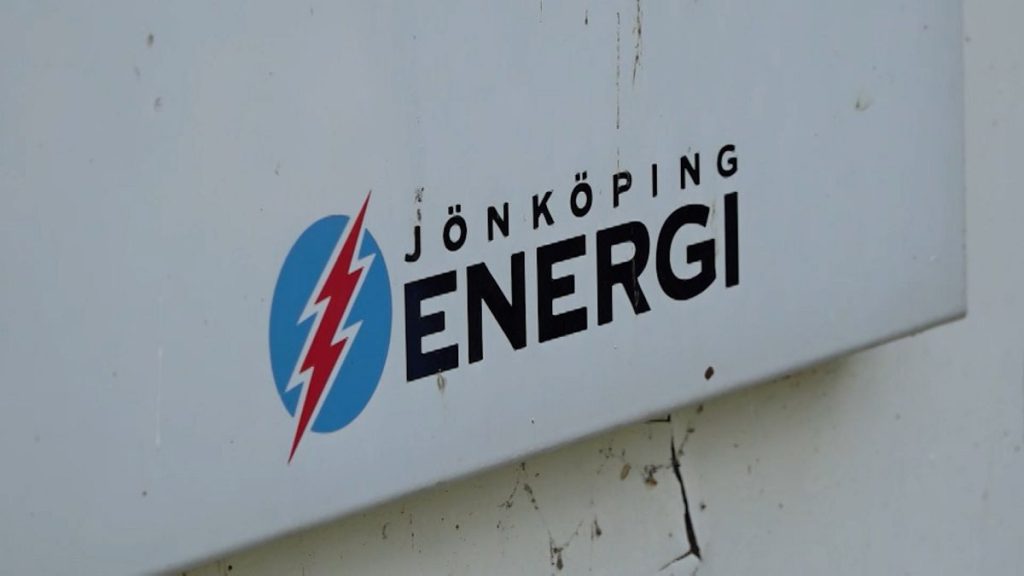The conflict between Russia and Ukraine has led to increased attacks on energy companies providing alternatives to fossil fuels, particularly in the renewable energy sector in Europe. With Russia targeting Ukraine’s energy facilities, the renewable energy industry is becoming increasingly vulnerable to hybrid warfare. The growth of renewable energy technology poses a threat to Russia’s long-term future as Europe’s main energy supplier, as Europe is taking steps to diversify its energy mix and reduce its reliance on Russian gas and oil. NATO has set up training exercises in Jönköping to prepare participants from various sectors to deter and react to cyber security threats to renewable energy sources. The complexity of supply chains in renewable energy systems makes them more vulnerable to various forms of manipulation, posing a significant threat to the industry.
Hybrid warfare tactics targeting the energy sector are not new, but with modern advances in technology such as AI, social media bots, and hacking, the impact on society can be significant. Hacking into a country’s energy supply can create stress and worry, eroding support for conflicts such as the one in Ukraine. Attacking critical infrastructure has long been a part of Russian military doctrine, aimed at breaking the morale and resistance of a country. As independent cyber security expert Anders Ahlgren points out, disrupting electricity supply can create chaos and fear within society, affecting people’s daily lives and raising questions about when normalcy will be restored. This disruption can lead to social upheaval and uncertainty, making it an effective tool for creating instability.
The Green transition towards renewable energy sources poses a direct challenge to Russia’s interests, as it reduces Europe’s dependence on Russian oil and gas. With no clear alternative plan in place, Russia is facing pressure to adapt its energy strategy to compete with the growing renewable energy sector in Europe. The vulnerabilities in renewable energy supply chains make them a target for malicious actors seeking to disrupt production and supply chains. The complexity of these systems presents a new challenge for cyber security experts and governments, as they work to protect critical infrastructure from potential attacks.
The training exercises conducted by NATO in Jönköping aim to enhance participants’ ability to detect, prevent, and respond to cyber security threats targeting renewable energy systems. By simulating fictitious scenarios and encouraging collaboration among participants from various sectors, the exercises help to prepare for potential real-life threats. The intricate nature of renewable energy supply chains requires a multifaceted approach to security, as there are numerous points of vulnerability that could be exploited by malicious actors. Understanding the complexities of these systems is crucial for developing effective strategies to protect them from cyber attacks.
As the conflict between Russia and Ukraine continues, the renewable energy sector in Europe remains a prime target for hybrid warfare tactics aimed at disrupting critical infrastructure. The geopolitical implications of Europe’s transition towards renewable energy are significant, as it challenges Russia’s dominance as a major energy supplier. The vulnerabilities in renewable energy supply chains make them susceptible to manipulation and disruption, highlighting the need for enhanced cybersecurity measures to protect against potential attacks. By collaborating with various sectors and conducting training exercises, NATO and other organizations are working to strengthen defenses against cyber threats targeting renewable energy systems. The importance of safeguarding critical infrastructure in the face of evolving hybrid warfare tactics cannot be understated, as the consequences of a successful attack could be far-reaching and devastating.


